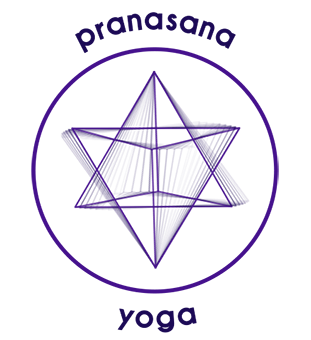
We all like to believe that we’re responsible for ourselves and for those around us. I certainly believed I was a ‘responsible’ person until I had a shift some years back. I noticed that I would rather follow someone’s idea or suggestion – even if I didn’t agree to it or like it – than have them follow mine. I realised I’d rather suffer than take responsibility and I’d preferred to be in a position to blame rather than being blamed. I was petrified of responsibility in case it would result in criticism, blame or judgement. The interesting part is, all of these were hidden underneath my self-image of a responsible person. I believed I was responsible or rather I felt responsibility towards others, blind to the fact that I was quiet happy to pass on the responsibility of decision making to someone else, appointing them unconsciously as my authority. The result was nothing but a resentment I couldn’t understand! At the same time, when I was being dutiful and performing my responsible duties towards someone else, I unconsciously paralysed them from making decisions for themselves, wanting them to take me as the authority rather than themselves.
The definition of responsibility changed for me as I started looking at my suffering more closely and when I realised that I preferred to listen to the external voice than allow myself the stillness to hear my own.
This attitude was present in all aspects of my life, at home when a decision had to be made or at work or with friends. For a long time it seemed to work; until life challenged me to my core at a time of dire difficulty. I was forced then to listen to myself and take responsibility for my experience. I saw that all the so called solutions that had come from outside had slowly but surely moved me away from my truth.
Today, I tune in to myself to find solutions within because life showed me that even if I make a mistake, what I would learn would be too valuable to miss.
The more I enquire, the more I find out how deeply the fear of taking responsibility goes. It sometimes means being the only person with a different point of view and sometimes choosing to do what was once believed to be wrong. This doesn’t necessarily mean going against one’s own values but it certainly means questioning them when they hinder our ability to face the challenge we’re encountering. Every dilemma / predicament is different, even if it looks or feels the same as those we’ve experienced in the past. Unless we’re willing to keep an open mind, we would want to apply the old solutions from the past to new situations arising. In a way, we all prefer to act from a mental guide book – an accumulation of ideas and concepts from others and our own past – because we feel safe, because the map is already laid out. The problem is, the safety in staying within this guide might stop us from discovering the gift that a new situation is offering.
I was recently challenged with a situation to which my mental guide book had no answer. I held stillness and listened to my inner guidance, but whatever was coming to the surface seemed to contradict something within its pages.
I am used to questioning my book but I noticed there were areas that I truly didn’t want to challenge. I was petrified to question them; I felt that if I went so far as to challenge some of them, I’d be totally on my own. It would mean challenging all of those in the world I look up to, all of those I have so far been in agreement with. Could I go that far? What would happen to me? Would I go astray? Would I end up in suffering? The irony was I was already suffering while thinking these thoughts! I had, at the time of fearing to be on my own, gone astray from myself. I was doing it again. I was avoiding taking total responsibility for my life at that very moment.
The price we pay to avoid taking responsibility is a life emptied from its essence.
It is a life borrowed from others, which takes over the unique life we are meant to but, fear to live. The only life that was assigned to us – our dharma – which can only begin when we’re ready to take full responsibility for ourselves and to be our own authority.
It is not only the fear to contradict those we respect but, also concepts and ideas borrowed from our past which have a strong potential to inhibit us from acting correctly today. If my mental guide book could be rewritten to contain its total opposite, it might perhaps be more complete. In my opinion, this mental guide book to which we assign so much value can at times be thrown away, if we are to find true authority in our life.
As Simone Weil puts it so beautifully:
The simultaneous existence of opposite virtues in the soul–like pincers to catch hold of God.
A life of integrity and true responsibility starts when we are willing to contradict those we have learnt from as well as our past-self.
In Nisargadatta Maharishi words:
Accept no guidance but from within and even then, sift out all memories, for they will mislead you.
February 2012
